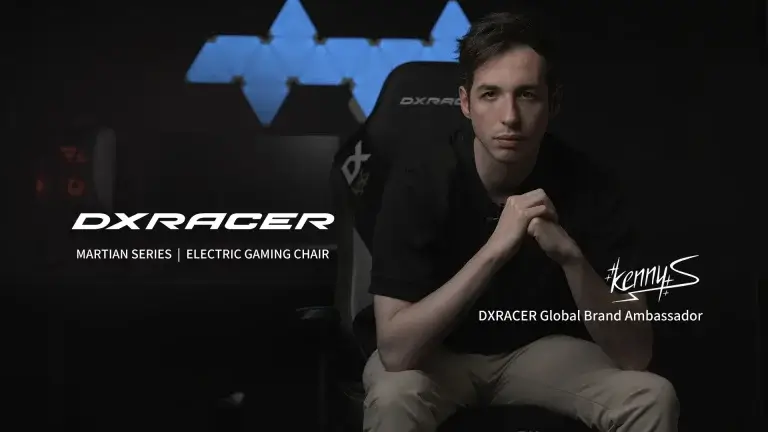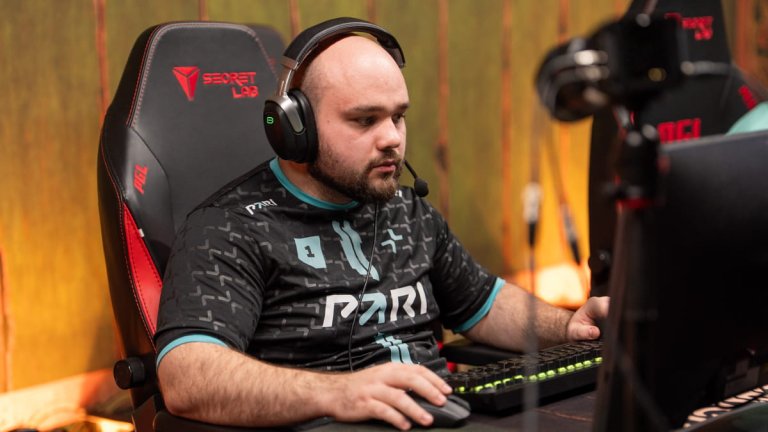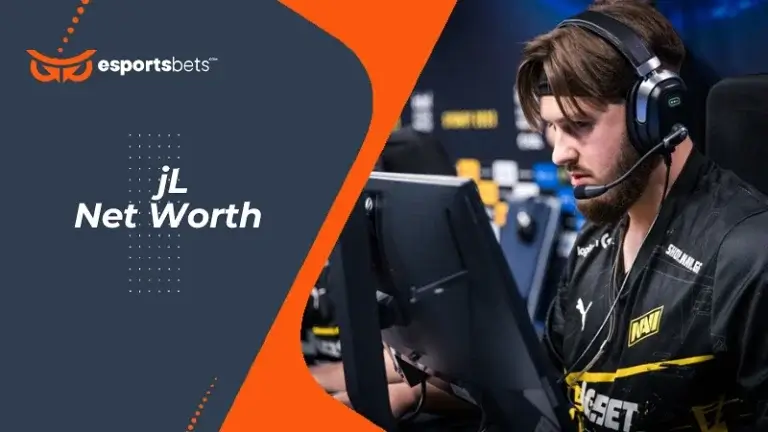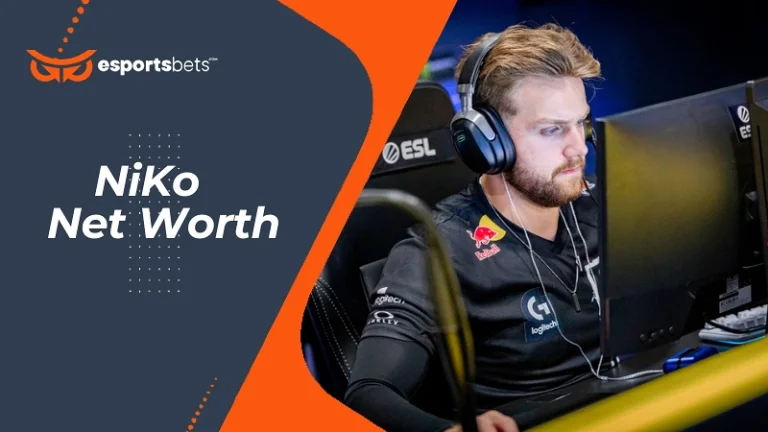Cheating in Esports – Talking about the Taboo
When there are millions of dollars and championships on the line, cheating in esports is undeniably tempting and has happened in the past – is cheating in esports a problem?
In this featured discussion, we’re discussing the taboo of esports cheating concerning its history, famous episodes of cheating, means of cheating and ways in which esports organizers are fighting this battle.
Cheating in Esports – Multiple Avenues
Let’s first get to grips with cheating in esports – how is it done and why is it related to esports betting?
Firstly, cheating involves deliberately not sticking to the rules to give yourself a competitive edge (therefore being unfair) or to manipulate the results of a game in a particular way. Cheating may be carried out to win or to lose whether it’s in or out of the game – let’s look at some examples.
In-Person Esports Cheating
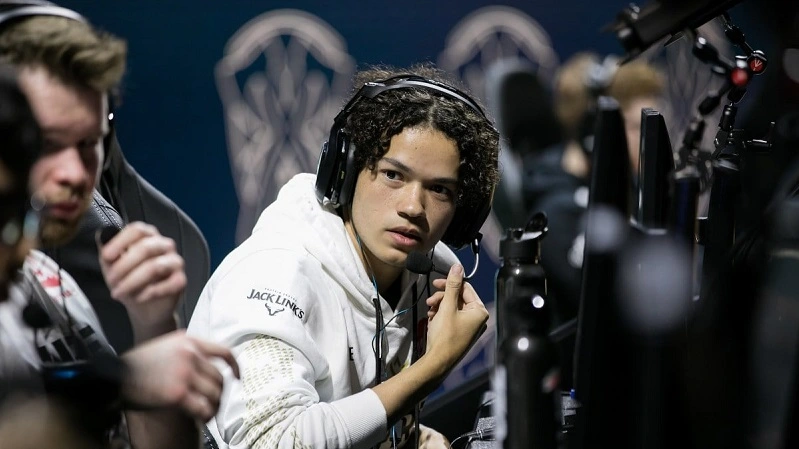
Here, esports shares means of cheating with traditional sports.
Doping involves using performance-enhancing drugs such as Ritalin and Adderall which improve player reflexes and brain activity artificially. Two popular examples here include:
- Counter-Strike – Kory “Semphis” Friesen in 2015 exposed the idea that most players were abusing Adderall, resulting in ESL integrating anti-doping policies – CS2 gambling hasn’t been effected yet
- CoD – Cuyler “Huke” Garland was part of the winning 2020 CDL World Championship roster, and soon after the tournament revealed his abuse of Adderall to help him win the tournament
- PUBG – 2022, Rise Esports CEO accused another PUBG team of abusing Adderall
- Fighting Games – 2021, SonicFox accused of abusing Adderall
- Dota – 2020, OG accused of using Adderall to improve their Dota 2 odds
Esports organizers are tasked with medical testing to screen for any doping, especially players who seem to be overperforming.
Ghosting is a form of cheating in esports which involves an outsider providing external and illegal information to players in the game. This form of cheating usually involves either players or coaches being able to glance at a broadcast while competing. Here are some popular examples:
- LoL – Azubu Frost fined $30,000 for glancing at the spectator screens at Worlds 2012
- Fortnite – Mark “Letw1k3” Danilov disqualified after multiple instances of observing the spectator screen
In-Game Esports Cheating
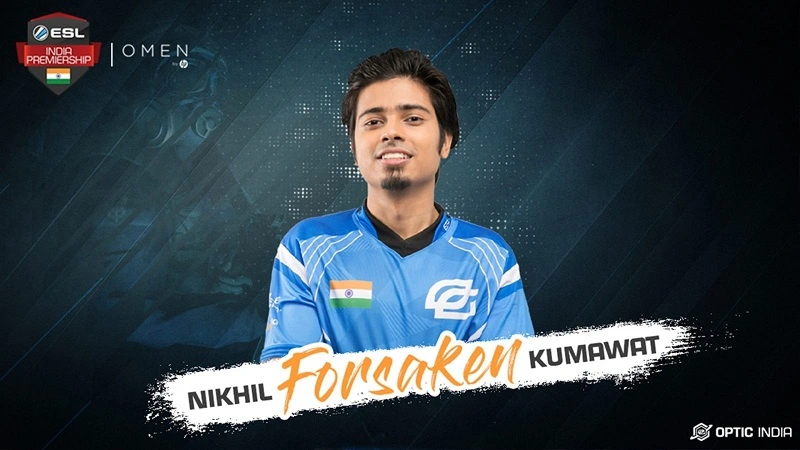
Beyond in-person cheating, esports is played out on hardware and software which is amenable to abuse.
Abusing the software involves modifying the game to award a competitive edge, and this includes wall-hacks (Seeing enemies through walls), aim-bot (perfect aim which locks onto enemies) and a diverse array of other cheats.
Typically, these cheats are very eye-catching and garner the most attention:
- Counter-Strike – XektoR in 2008 using software assistance for aimbot and wallhacks resulting in a ban. In 2018, Nikhil “Forsaken” Kumawat (hilariously) was caught deleting illegal software and was immediately banned for five years.
- VALORANT – Noot Noot forced to forfeit at VALORANT Game Changers, Nomsenpai banned for cheating in Vietnam
Notably, software cheats don’t necessarily involve modifying the game in any way, but could also involve abusing an in-game bug. This form of cheating is more controversial – are the players at fault or the game publishers?
- Call of Duty – 2016 James “Clayster” Eubanks was forced to forfeit a match after using an illegal position on a tree during a match.
- Counter-Strike – In 2014 Fnatic exploited a bug which let them be invisible and invulnerable to damage, resulting gin a replay. In 2017 team BIG used a player stack to look over a ledge, resulting in controversy. In 2020, ESL banned multiple coaches who could see parts of matches and provide illegal information to their teams.
When it comes to hardware, peripherals such as mice and keyboards may be programmed while computers can also be tweaked.
Let’s take a look at some examples of cheating in esports through hardware:
- Dota – at TI18, Thunder Predator player Atun had programmed a mouse illegally, resulting in disqualification.
- Counter-Strike – Ra1f in 2018 caught using a hardware cheat through another computer
Esports organizers are tasked with creating anti-cheat software to shut down any attempt at cheating.
Other Concept – Esports Cheating
Match Fixing – Esports Betting
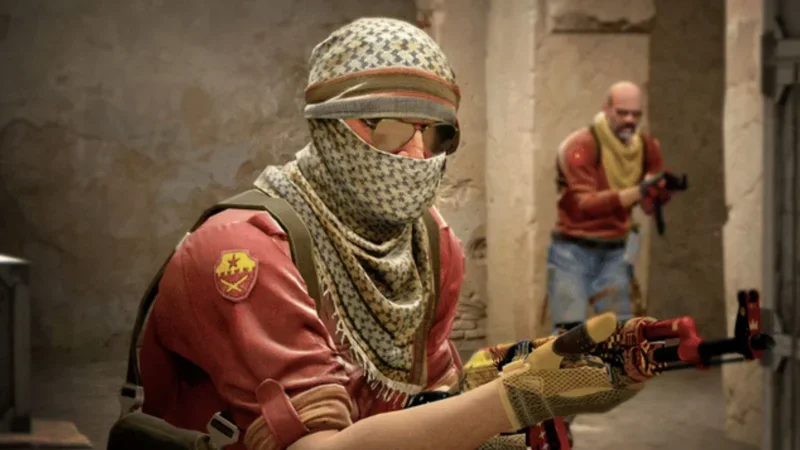
Sometimes, it takes a close eye to identify a more intricate form of esports betting – match-fixing.
Match fixing has teams or players agreeing on the outcome of a match prior to it kicking off in order to gain profits, typically through esports betting. Highly illegal and looked down upon, there have been instances of match-fixing in esports betting.
Most recently, in 2015, iBUYPOWER and NetCodeGuides were both banned by Valve after being exposed for match-fixing at Counter-Strike tournaments.
Similarly, in StarCraft esports, 2010 saw 11 players receive a ban due to match-fixing. Back in 2015, this happened again and the South Korean government arrested 12 players while in 2016, Lee “Life” Seung-hyun was fined and imprisoned for cheating in this manner.
Cheating in Esports – Cyber Attacks
Another concept related to cheating in esports is that of cyber attacks. This involves an outsider hacking into an ongoing game to interfere with the game, typically favouring one side over another.
For example, at the CDL World Championship for Modern Warfare, a match involving OpTic Gaming LA suffered from several glitches. After the tournament concluded, it was revealed that an outsider was trying to hack the match and the organizers had to place a live delay to prevent this.
Apex Legends also suffered from a similar episode where Genburten was hacked live on stream and given aimbot by the hacker against his will. This resulted in the Apex Legends tournament being postponed.
Fighting Cheating in Esports
Considering that no esport is safe from instances of esports cheating, organizers are constantly on the watch to make sure cheating does not take place through the use of:
- Referees – in and out of the game, make sure no cheating is possible
- Anti-cheating software – try to rule out any chance of in-game abuse
- Reviewing footage – recording games and watching them back helps enable reviewing of any questionable actions

